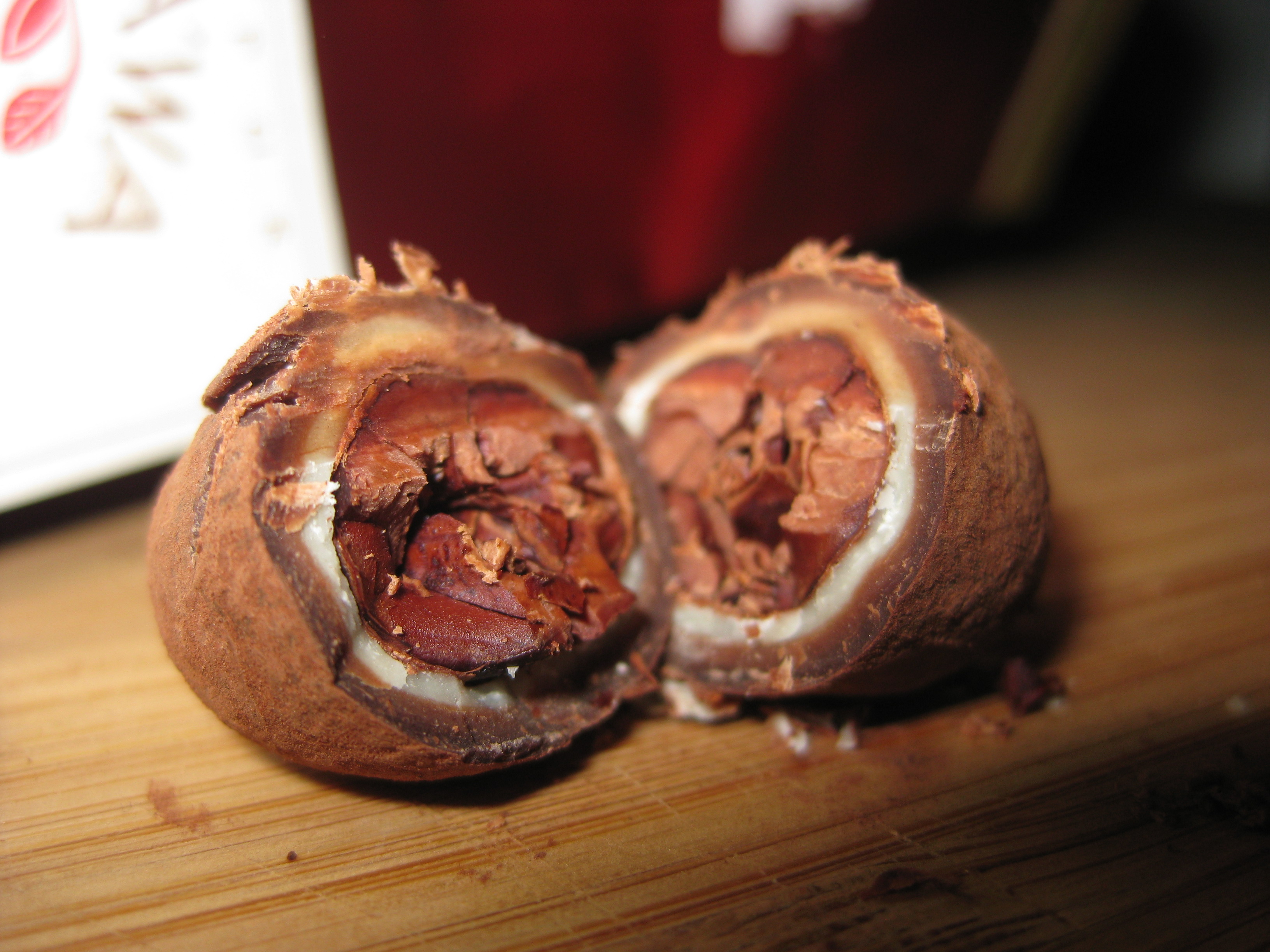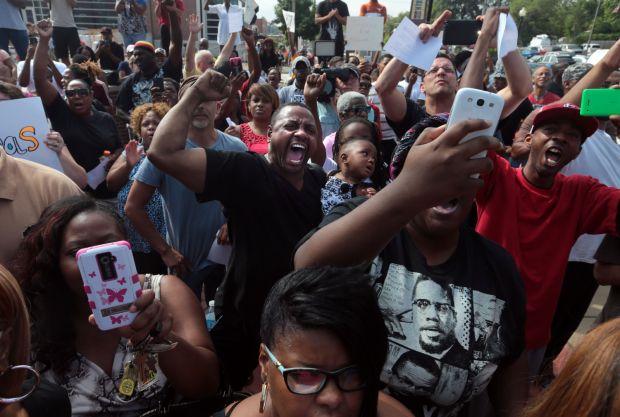by Amanda Enayati
There is a pile here: two big boxes and three large envelopes. The boxes are stamped Penguin Random House and the envelopes are from Simon Schuster. The boxes contain my first book, due to be released in early March. The envelopes contain a book I contributed a chapter to, alongside a slew of well-known and bestselling authors.
They’ve been sitting in the corner for weeks now, unopened.
“Why won’t you open them?” My ten-year-old daughter has asked me more than once.
“I don’t know. I’m waiting for a sign,” I’ve said more than once.
Truth is, I’m terrified.
I spent so many years bum-rushing the gate that it never occurred to me to think through what would happen if it ever opened.
What if I made mistakes? What if it sucks? What if everyone hates my book? What if everyone hates me? What if what if what if what if …
I snatched my book, which is about stress and what it can teach us about how to live, from the jaws of time. I wrote it while taking care of two kids, dropping off, picking up, helping with homework, buying groceries, making dinner, washing dishes, cleaning toilets, vacuuming, working part-time at a consulting gig — and without hired help because, shit, that’s expensive and it’s either childcare or the kids’ music classes. I know most of you won’t bat an eyelash at any of this, because you’re doing exactly the same thing (and much more) yourselves.
So why don’t I feel like I’m enough? Why am I spending so much of what should be a glorious moment of triumph huddled in an imaginary corner, biting my nails, envisioning worst-case scenarios, fearing disaster? What if what if what if …
I suspect my stories. I do. I think we get these stories early on. They are handed to us by our parents, our families, our communities, our ancestors, our friends, our media. And we walk through our entire lives, sticking to these scripts. Often blindly. And if your stories are not good ones, if they don’t serve you, well …
At this point, I have a pretty good sense of my script. And in many ways I have managed to flip it. The past is just a story we tell ourselves. I have learned how to create better stories—great stories sometimes—stories that help me, that serve me. Being a child refugee from a revolution; living for years without a country or your immediate family; not fitting in; being called ugly over and over again because you’re too dark, too foreign; suffering from PTSD after 9/11; almost dying from cancer—in my new stories, all of these are strengths. They are superpowers. They make me special. They make me different. They make my book different than the scores written by the supremely privileged whose advice I just. can’t. relate. to.
But I also know that I have to remain conscious, in the moment, mindful, on guard, because the old stories, the toxic ones, are there, ready to kick me down and keep me there.
I think of how my kids move through the world sometimes. I marvel at them. How they own the moments; how they relish the joys and successes; how they examine the failures; how they don’t take any of it personally; how they keep a sense of humor about most things. I raised these two. I told them about the bad stories. Warned them not to believe the bullshit. To hand it back to where it came from and say: “No, thank you.” To write their own stories. I want so badly to be like my children.
The book, Seeking Serenity, comes out in two weeks. It’s time: the best of times, the worst of times. It’s now.
I am out there battling the dragons, quieting voices of defeat, countering them with new narratives. And I know I’m winning because these lands I find myself in are new. I have never ever seen them before.
Yesterday I had a companion. And as battle raged, she sang to me.
“She’s living in a world and it’s on fire,” she sang.
“She’s got both feet on the ground … She got her head in the clouds. And she’s not backing down.”
Yes, I replied, yes, Ms. Alicia Keys.
This girl is on fire, we sang together, she’s on fire. She is she is she is she is she is.
Today. Maybe today is the day I will open the boxes.
Amanda Enayati is a columnist, author and speaker whose essays about stress, happiness, creativity, technology and identity have appeared widely. Her book, Seeking Serenity, will be published in March 2015. You can find her on Facebook or Twitter.











